|
Winter is coming. One of the most iconic-epic lines to ever surface from a book or TV series. Even those who are unfamiliar with the popular Game of Thrones have most likely heard the phrase at some point. Plus- its not a complicated message. Winter is coming. Even the most removed person can understand its meaning. What I love about this line, aside from its ease off the tongue, is that it contains so much inuendo. At the surface it is a literal predication of a weather event, one that the entire book series seems to be preparing for. But underneath all that it indicates the coming of hardship and suffering, depravity and loss, things that define winter on a human level not just a natural level. When I think of climate change and the direction the earth is moving this phrase often comes to mind. Winter is coming. On the surface there are the literal climactic changes, just like in the series, and we should take note, these events are changing the course of each of our lives as well as changing the landscape around us. But beneath all that there is an underlying current of the unknown. A fear of what this changing earth will look like in the not so distant future. -Will our children look back with disgust and hate knowing we had the power to make changes before the point of no return? -Will the earth even be able to sustain our children at some point? -Will the end of the world as we know it be a slow decline with people gradually dying of hunger or will it come quickly with war and disease creating massive population die outs? -Will nuclear fall-out eventually block out the sun or will a natural disaster leave the air oxygen-less and the earth uninhabitable? OR maybe it will be a combination of all of the above, or something else entirely- something that Hollywood has yet to make into a blockbuster film. This can be a bit overwhelming at times. In fact, it can be so overwhelming that we may try to hide from winter. Head to warmer pastures to avoid dealing with it, both literally and figuratively. One way that people run from climate change is to hide from it, or ignore it, I like to think of it as “ostrich syndrome” (not an official diagnosis rather one that I made up). If your head is in the sand, you can ignore everything around you. We don’t hide because we don’t care, we hide because we haven’t been educated enough to care. We also hide because sometimes we just don’t know what to do. We have no idea where to start. When I was a kid and we celebrated earth day and learned how to keep our water clean, but it always felt like it was more in theory. We learned about oil spills and gained an understanding of the details of the earths eco-system. We were encouraged to recycle and to maintain the ozone, but no one talked about just how fragile that eco system was/is. I personally took this message to heart -despite the non-urgency and relaxedness of its delivery. I bought a book that talked about recycling and that went into more detail on how to clean the planet. I began to cut up the plastic pop can holders that you would see stuck on a bird’s neck. We started recycling cans at home, I remember a chore was to crush cans in the outside shed. In high school I decided to eat less meat. And when I was old enough to make my own money, I started to donate to Arbor day and then to other organizations that I felt were making a difference. I preached to my friends and family about recycling (recycling was something I felt I could do). I read about sustainability and as I approached my late 20’s and early 30’s I would listen to podcasts and shake my head at how little the world was doing to make a difference. All the while I felt a tickle of hypocrisy running down my spine. What was I actually doing to make a difference? It seemed what I was good at was talking a lot and using a reusable water bottle. This helped me sleep better at night, but left a nagging feeling that I was not really doing much at all to make an impactful change. Feelings of guilt and shame would wash over me at different times. Sometimes the guilt pushed me to make major changes, and other times it would make me feel shameful and phony. It was not until I did yoga teacher training and really began to understand the spiritual and energetic connection between our environment and us all and I started to see the absolute futility of guilt, that I began to understand that I did not need to be perfect to create change. Winter was coming regardless and it would serve no purpose to focus on what I was doing wrong. Its important to point out that this post is just as much autobiographical as it is aspirational. I still do not make the most sustainable choices I can, and I still struggle with guilt, and I still preach more than I practice. But as that gap slowly gets smaller so too does the self deprecation of not meeting perfection. I have learned to give myself a little grace and to celebrate the wins rather than focus on the fault. I don’t have to be perfect to encourage others. We are all on this journey of life and death together and the one thing we all share is the need for this planet to survive. If my encouragement to others makes a change that impacts others, than I have done more than just concerning myself with how well I do. Winter IS coming- The question isn’t who is more prepared, the question is are we as a world, as a community, as a species, prepared? Instead of looking at what you and others could do better, focus instead on what you are doing well. Share your knowledge with everyone you meet. Think about what you yourself are doing to make a change. Even if you don’t feel the motivation, means, or know how to do something -it doesn’t mean you shouldn’t share that post about planting trees or that you shouldn’t buy the recyclable paper. In fact if you want to share some thoughts on this send me an email about your efforts and I would be happy to share them on the site to encourage others. Let’s face winter unified and prepared to not only survive but to thrive. Namaste. Anywhere you look online and any podcast series you listen to has suggestions for what foods are best for various ailments, health concerns, etc. This list is no different than any other you might find. I do not know all and have never claimed to. This list may be better than some and may be less inclusive than many. This list is a compilation of what I know from the education and and training I have undergone to receive my masters, it is also from the years of practice and anecdotal evidence I see day to day, and lastly but maybe most importantly-from the research and experts out there that I learn from on a daily basis. None of these statements are sited but all can easily be supported. My posts are largely opinion based with fact and data interwoven when needed. I feel the information I share should be treated no differently than how I would advise you to read anyone else's site. Comb through and apply what seems appropriate and what appeals to you. As always any suggestions and recommendations you wish to apply should always be discussed with a health care provider you know and trust, but more importantly, that knows your own personal health history. Alright, disclaimer done! On to the list. 1. Fatty Fish- The omega 3's found in fish like salmon, sardines, anchovies and other fish are important for brain health for a variety of reasons. These include their anti-inflammatory properties and their role in development and maintenance of brain cell membranes. The National Institute of Health shares that some research shows omega-3s to help reduce cognitive decline in diseases such as alzheimer's and dementia. The recommended intake for the average adult female is 1.1g. 2. Blueberries - These power house fruits are filled with fiber, antioxidants and are a great source of anthocyanin which is a flavonoid responsible for a variety of healthy outcomes. Enjoy a whole cup worth for only 12-15 grams of carb -even my keto friends can find some room for that many carbs. 3. Dark Leafy Greens- The nutrients in dark leafy greens are immense. Because of this they are the one food all diets agree on. In fact nearly everyone needs more of these each day. These include foods like spinach, kale, swiss chard, and dandelion greens. One component directly connected to brain health would be related to the high amount of vitamin E found in these foods. Vitamin E is a powerful antioxidant that can possibly provide some protection to the brain against cognitive decline. 4. Complex carbohydrates- This is an area of heavy debate and I definitely recognize the science that supports a keto diet for brain health, but that doesn't mean that I ignore the evidence that still links complex carbs to good health. We don't even have to dig into the research to see that. We can look at individuals across the world who live the longest and have the healthiest diets. Im talking about the Blue Zones. These scattered locations have very different diets, but one thing they share is that all the diets contain complex carbs of some sort. Complex carbohydrates include berries (like the blueberries mentioned above), sweet potatoes, whole grains, legumes, and many more. 5. Water- Dehydration is known to greatly impact cognitive function which makes hydration one of the number one ways to keep the brain sharp and focused. It does this in a number of ways including removing waste and aiding in the absorption of nutrients. In fact above every other suggestion water may be the most impactful and may have the most immediate effect on your cognition.
We all have that favorite time of year. Fall just happens to be mine. EVERYTHING about the season creates a feeling of warmth and comfort. I want to sit in a chair with a book and a cup of tea. I dream of pumpkins carved on the front steps and pears baked into crisps. My dinner menus move from grilled meats and veggies to baked squash and soups. Every time autumn rolls around I have the greatest intent to take full advantage and to truly get my fill of the glorious season, but every time I feel shorted. I never make enough soup, I never read enough books, and I certainly never sit around a bonfire with a glass of bourbon often enough. In the past I have felt angry and frustrated that the season ended so soon but lately I have started to see the value and gift that a short season brings. Would I treasure the things I listed if I was actually able to tire of them? Would I enjoy the look, taste, and feel of pumpkin if it was a year round staple? Maybe... but most likely not. As human beings we crave novelty and fall is a novelty for certain. We can travel anywhere at any time of the year to find the cold of winter or the warmth of summer and even the dampness of spring is accessible at times, but to find that delicious sensation of warmth and coolness, where the air starts to feel crisp and the sun warms you not quite enough but just a little, where the leaves turn that beautiful landscape of color. To find this is nearly impossible outside of the season. So take the time to find the beauty in each season but most especially look for the joy that can come from this glorious time of year.
“… there will be enough sleeping in the grave..” –Benjamin Franklin
The world we live in is fast paced, full of coffee and sleep deprived. We celebrate those who can work on little to no sleep and caffeinate all the others. In business we push to get more done in a days time and we value and admire those who say they work all night. Even old Ben seemed to feel sleep was a waste of time. In addition to famous quotes on the subject we also coin our own cute little phrases like “You can sleep when you’re dead”. These serve to encourage us to believe that this lack of sleep is worth something, that there’s a bigger payoff in the end. But is there? One thing that we don’t see popping up in conversation is how a human can go without food longer than they can go without sleep. Or that lack of sleep can cause heart problems, weight gain and memory loss, to name a few. These are the byproducts of less sleep and like most negative and depressing side effects, we conveniently brush them to the side. Sleep is one of the few consistent pillars of wellness and unlike some of the other areas of health, the need for sleep has never changed. There are no sleep “diets” or sleep short cuts. There is only one way to fill the need, and that is to sleep. In our world of fast fixes and life hacks, this makes sleep less exciting to work on. But truly sleep can have the strongest impact on health, and if taken seriously, be the difference between good health and poor. Sleep is the time when our body hits the refresh button. This is when we physically repair ourselves and when we mentally clean house. We sleep in 90 minute cycles and have approximately five cycles a night. There are different stages of sleep in each cycle. The two most important stages are deep sleep and REM sleep. Deep sleep is the physical restoration stage and is what makes us feel the most rested the next day. This is what happens in deep sleep:
REM sleep is dream time. This is also when our brain does a sweep through and tidies things up. This is what is going on in this stage:
Tips for better Sleep 1. Eliminate blue light in the bedroom, think electronic devices. This blue light inhibits melatonin production; which is the sleep hormone that helps with sleep cycles. 2. Hide the clock. Looking at a bright red digital time piece only adds anxiety and increases sleeplessness. Cover the clock on the T.V, get a non-light up alarm, or turn your clock the other way. 3. Sleep in darkness. This is especially important if you work at night and sleep during the day. Darkness is what helps our body produce melatonin. If you have a bright room you can buy black out curtains, use a sleep mask, or cover your windows in tinfoil. 4. Wake up at the same time. This is more important even than going to bed at the same time. To figure out your best bedtime determine your desired wakeup time and count back 7.5 hours. This is when you want to be falling asleep. 5. Plan your bedtime routine. Whatever you do at night try to give yourself 20-30 minutes of down time before you fall asleep. This needs to not excite your mind. That means no social media or the latest thriller, maybe try deep breathing, prayer or some stretching. 6. Keep it cool. 60-67 degrees Fahrenheit is the best temperature to have your room set at for optimal sleep. Use a fan on those hot summer nights and ditch the extra blankets on those cool fall evenings. 7. Get some sunshine! If possible get 15 minutes of direct sunlight in the morning. Stand outside with your coffee, or roll the window down on your way to work. If sunlight is not possible consider getting a light box. Place it on your desk or set it in the bathroom and turn it on for 15 minutes. Or even consider special light bulbs for your bathroom. See the next editions article for where to find these. With that I will say Good Night and watch for part two in Januarys edition of In Mag to find out what the signs of sleep deprivation are and how to pay back your sleep debt. Books: Sleep Smarter, 21 Essentia strategies to Sleep Your Way to a Better Body, Better Health and Bigger Success by Shawn Stevenson The Sleep Revolution: Transforming Your Life, One Night at a Time by Arianna Huffington The Sleep Doctors Diet Plan: Lose Weight Through Better Sleep, by Michael Breus PhD 9/11/2019 Q: Is pumpkin a fruit or a vegetable, and does a pumpkin spice latte count as a serving of either for the day?Read Now A: Great Question, you might be surprised to learn that pumpkin is a fruit! And I would love to tell you that it counts towards your daily fruit and veggie goals but I’m sorry to say that the pumpkin spice lattes that we find at our favorite coffee shops do NOT actually have any pumpkin in them and therefore do not count. These concoctions usually only contain the pumpkin pie spices added to a normal latte with some whipped cream on top. Now here is the catch, it is possible for you to make your own pumpkin spice latte WITH real pumpkin at home. There are a number of recipes online, I have not tried any of them myself so did not feel comfortable includingor promoting any specific one, but if you do try any and find one thatyou like, please send it my way so I can share with others. Pumpkin is a very healthy food. This orange gourd contains vitamin A, C and E whichbenefit the eyes, skin and heart. There are also additional antioxidantsfound in this food that improve health in a number of different ways.Pumpkin is loaded with fiber, which is good for the heart and weightmanagement, as well as heart healthy phytosterols which help prevent high cholesterol. So save yourself a few dollars and do something goodfor yourself and next time you are craving that pumpkiny goodness, tryyour hand at a healthier version from home.
A: Once you have been diagnosed with diabetes, technically you always have diabetes. However this is a heavily debated topic as there are individuals who are able to bring their blood sugar numbers back to the normal range, this is done usually through diet, exercise and sometimes medication. Many health care providers prefer to say that for those who are able to do this it simply means that their diabetes is well managed, not reversed. Most experts do agree though that you CAN reverse PRE-diabetes. You may have heard this called “borderline” diabetes. Whatever you want to call it, it is when your blood sugar numbers are quite hit the diabetes stage. It is a crucial point to make lifestyle changes to prevent getting the disease itself. I encourage you not to wait for any diagnosis though, but rather start making changes today to prevent diabetes. Concerned that you may be at risk? Come into Core Health for a free consultation and risk screening.
|
Details
Archives
June 2024
Categories |
|
Jessica Carter MS, RD, LD, CDE, RYT200 1900 Division ST W, Unit 4, Bemidji 218-556-9089 |
|
Copyright © Core Health & Nutrition, LLC.

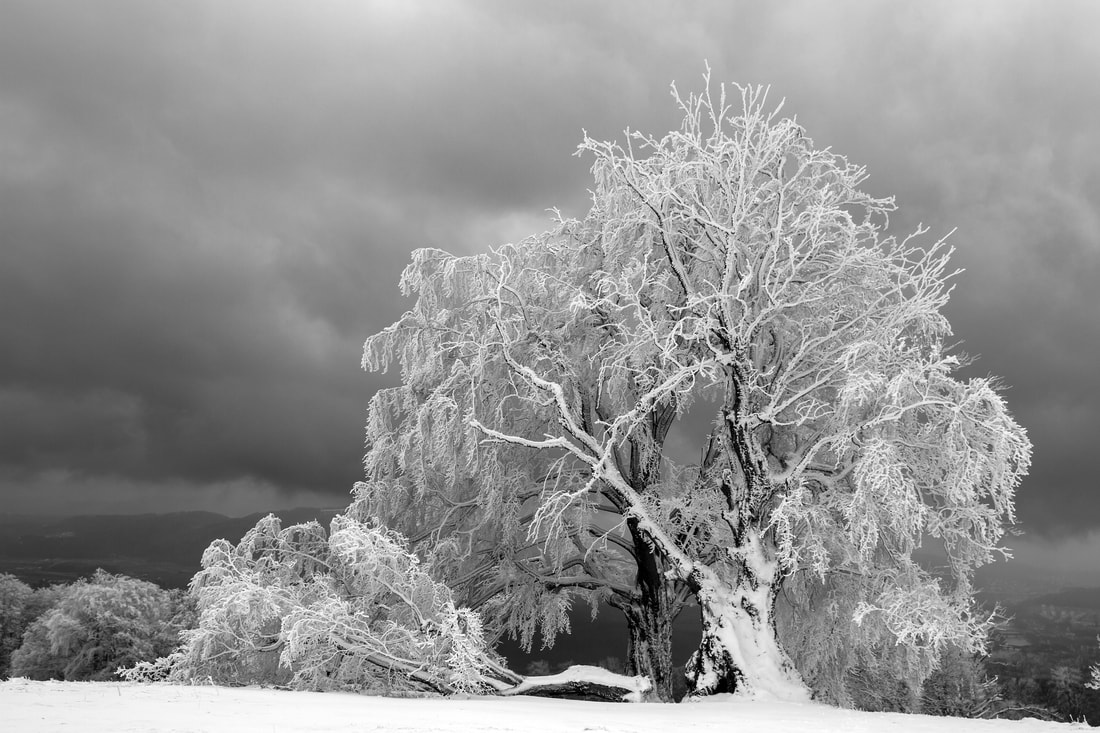
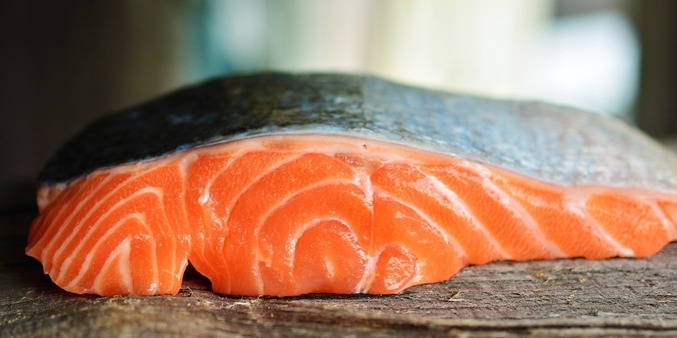
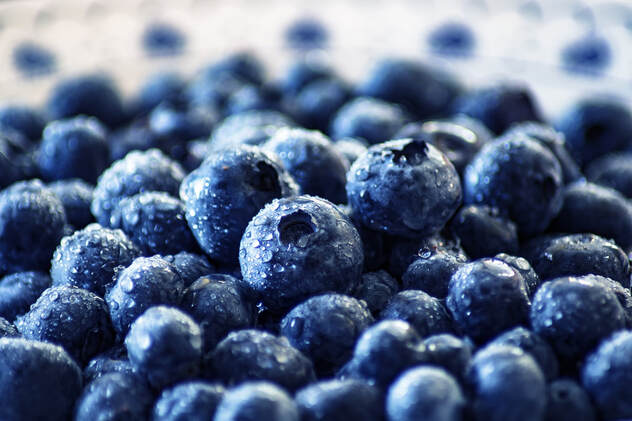
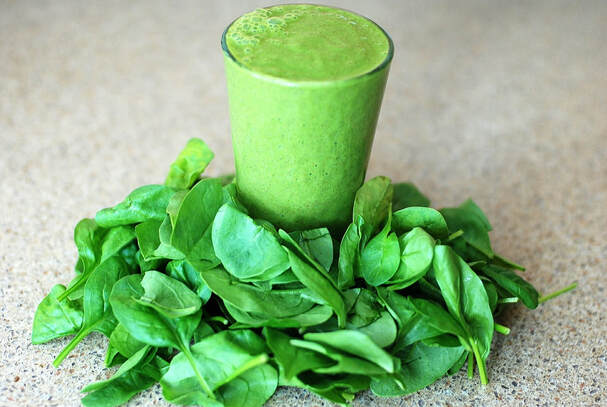
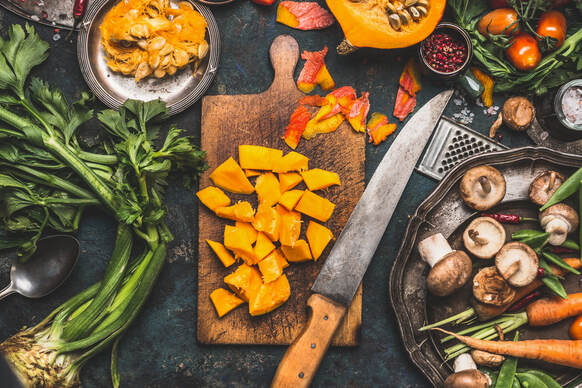
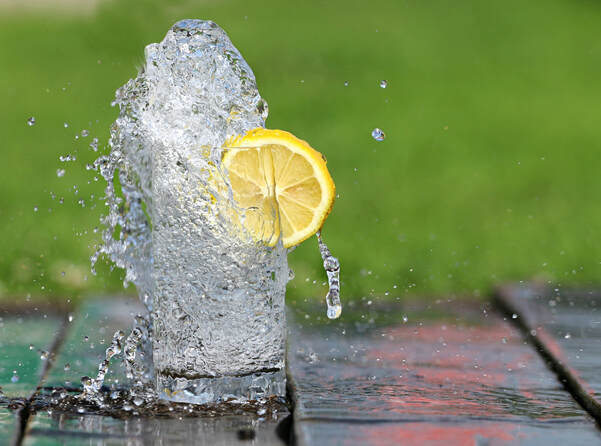
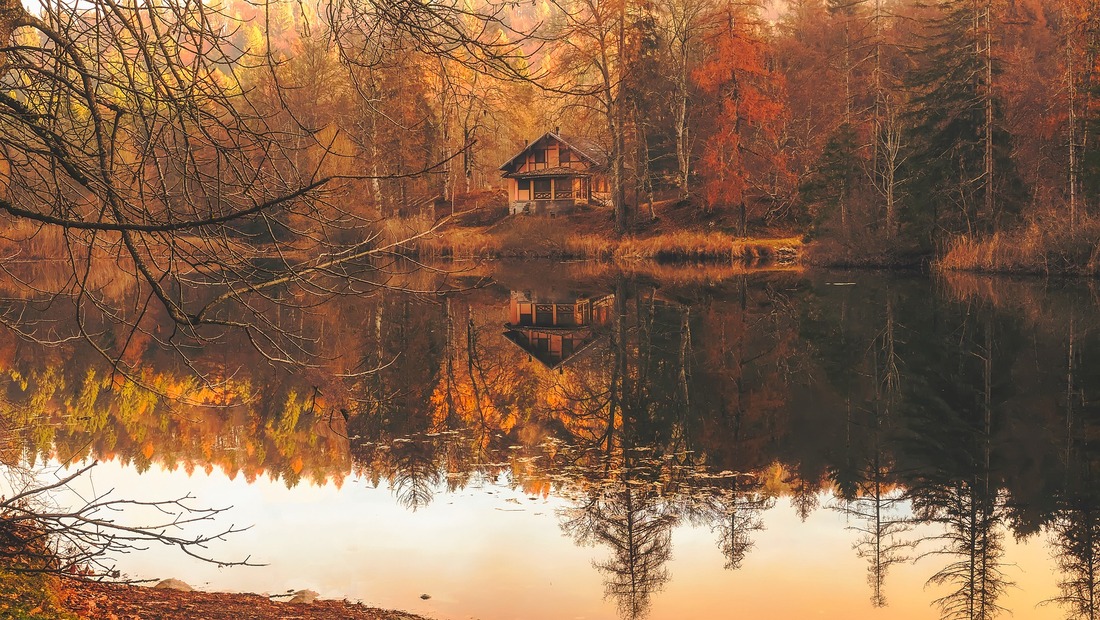

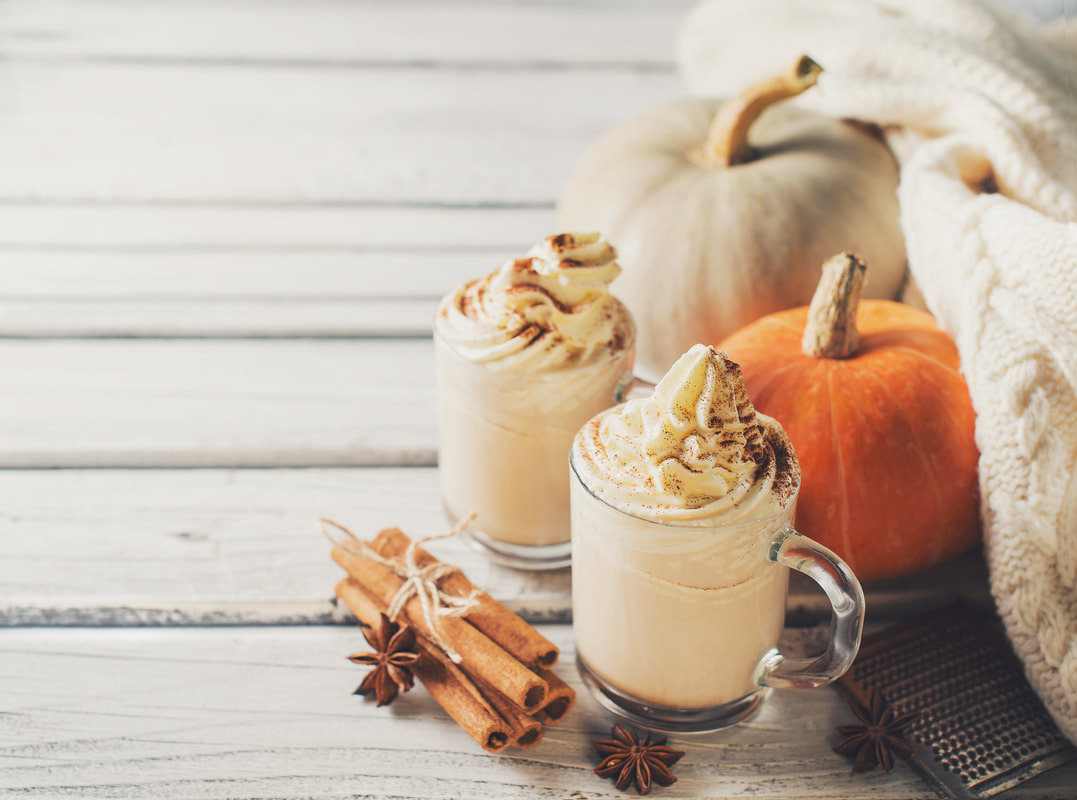
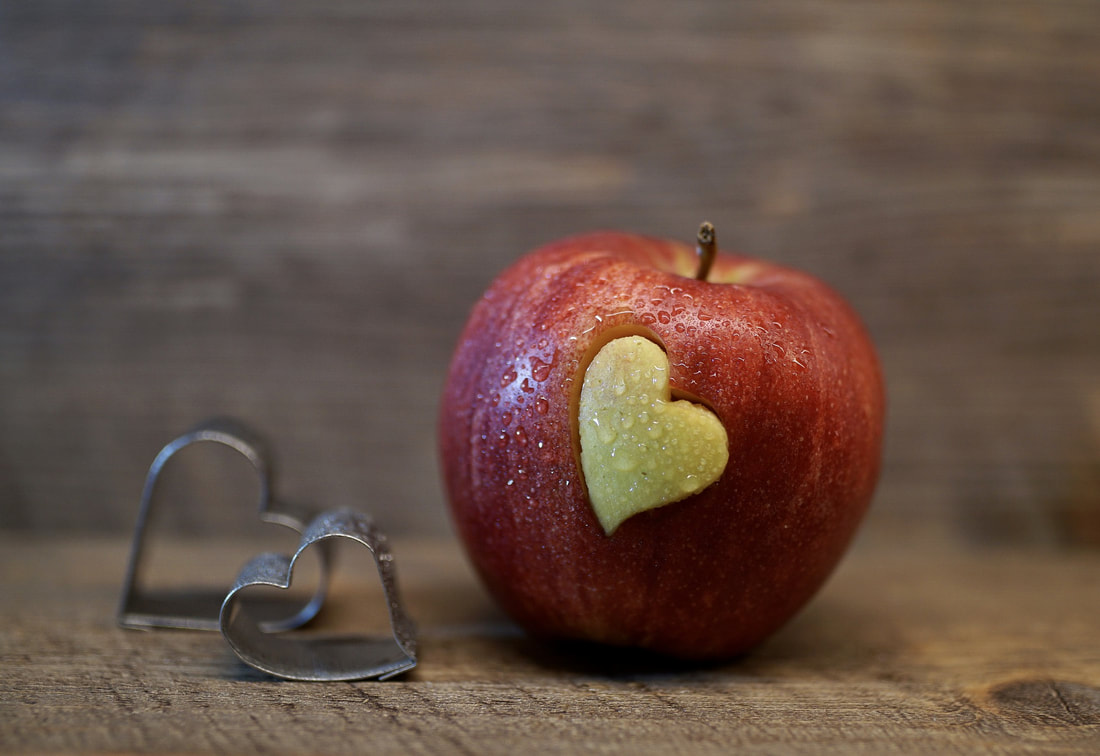
 RSS Feed
RSS Feed

